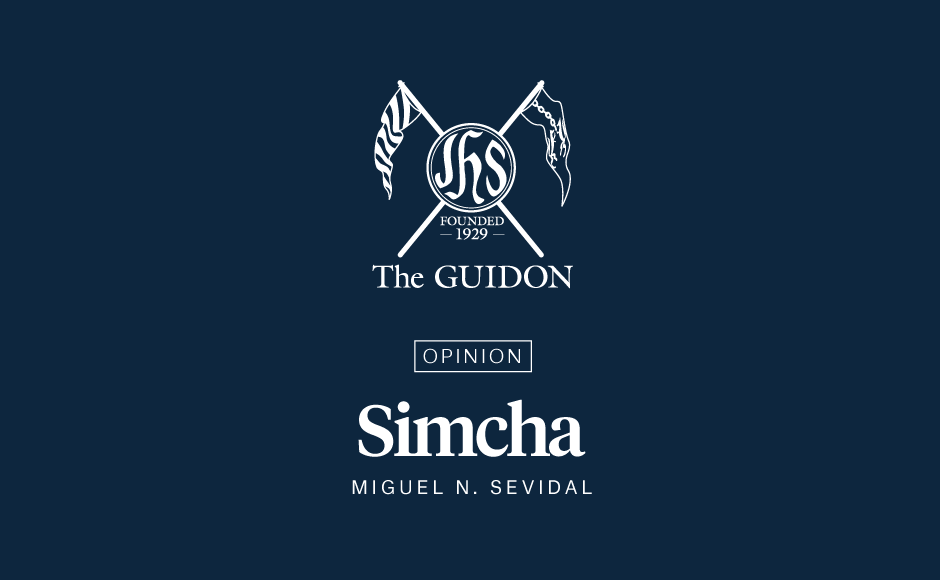Winston Churchill once said that “history is written by the victors.” And today’s war against historical revisionism can only be won not by providing the right answers, but by asking the right questions.
On September 11, the Official Gazette posted a birthday card commemorating the 99th birth anniversary of the late dictator Ferdinand Marcos. The original post recounted Marcos’s political career, adding that he declared Proclamation 1081 “to suppress a communist insurgency and secessionism in Mindanao” and that he “stepped down from the presidency to avoid bloodshed” during the People Power Revolution.
The efforts at revising history to alter the martial law narrative are not new. As early as 2011, a YouTube channel titled PangulongMarcos posted “True Lies in EDSA: The Dark Kept Secrets of 1986 ‘People Power’ Revolution,’” a video that portrayed Ferdinand Marcos as the strongman who rebuilt the Philippines, saved the country from communist insurgents, and made People Power possible as his order “[was] not to attack.”
It would seem that today’s generation, too distant from the era, may actually find merit in propaganda that aims to distort martial law history. Several millennials would argue that “things were better” during the martial law years, citing discipline, security, rice self-sufficiency, and other Marcos legacies to defend their claim. “The media is biased,” they would say, arguing that the Marcos years are always portrayed in a negative light and that we forget their contributions.
It is futile for me to continue supplying correctional answers as responses to attempts at historical revisionism. Instead, it would be better to prompt discourse by asking the right questions—not what happened during the martial law years, not how he tortured the country, but why he did so and what was the price the Filipino people had to pay.
Marcos declared martial law not to protect the country from communist insurgents and student activists; he did so to remain in office. As early as his university years, Marcos was already envisioning how to bend the constitution to satisfy his lust for power.
What was the price of martial law? The Filipino people lost nine years of the democracy they once boasted to the world. Political institutions were crippled. Human rights were violated. Marcos took away our basic freedoms, freedoms he had no right to take away from us. He stripped the Filipino people of their dignity and right to justice, ordering the most inhumane punishments for anyone he thought would get in his way. To satisfy a man’s lust for power, he forcibly robbed the Filipino people of their freedom and dignity. Was national discipline really worth taking away a people’s right to live freely?
The war against historical revisionism comes now at a crucial time, with a growing young millennial population at crossroads on what to believe in. It is here where the right questions must be asked to foster critical awareness and intelligent discourse. Only by asking the right questions will millennials arrive at the right answers on what constitutes genuine history.
Who writes history? The revisionists perhaps, but in asking the right questions, we may be very well challenging their self-proclaimed victory.







